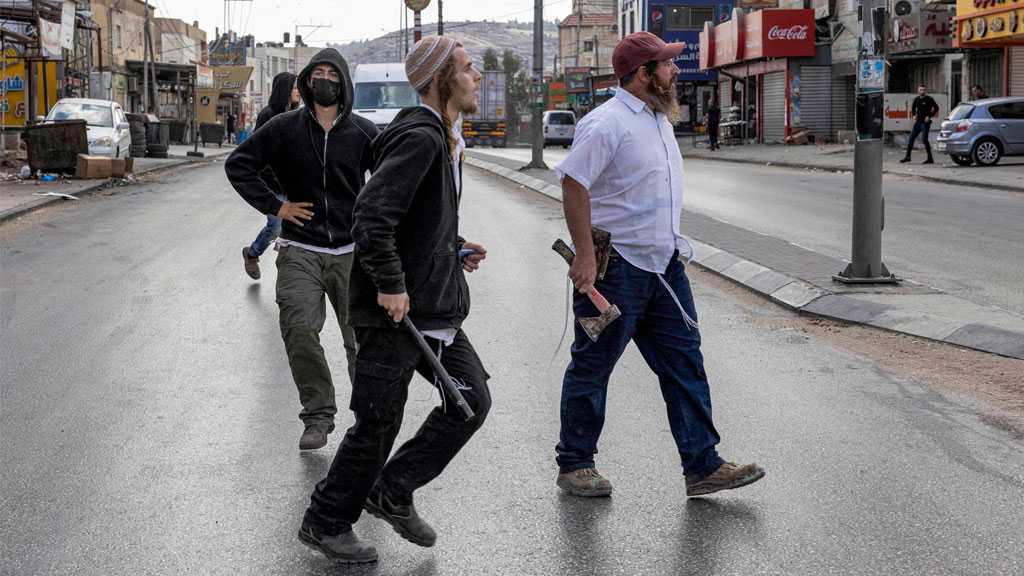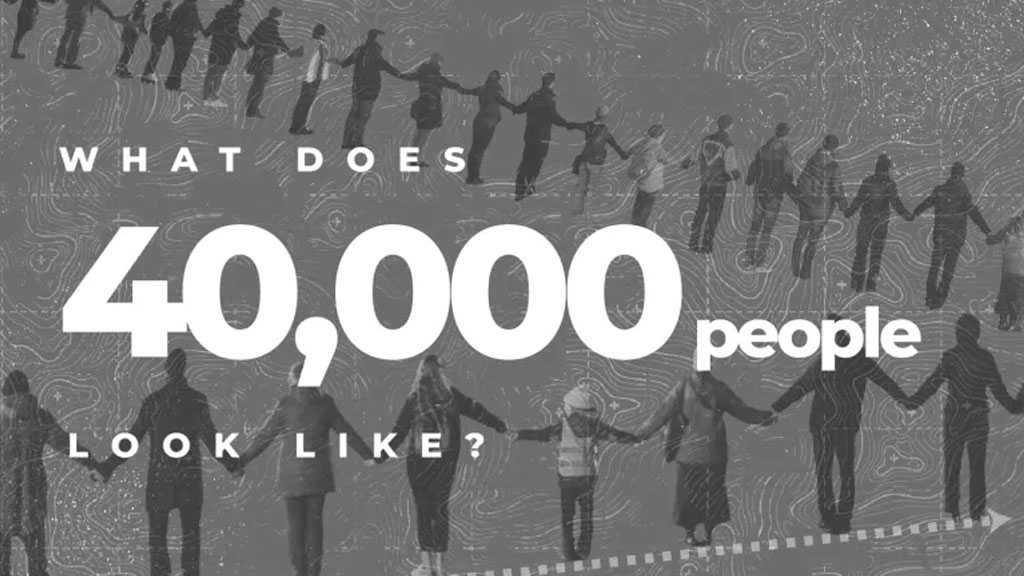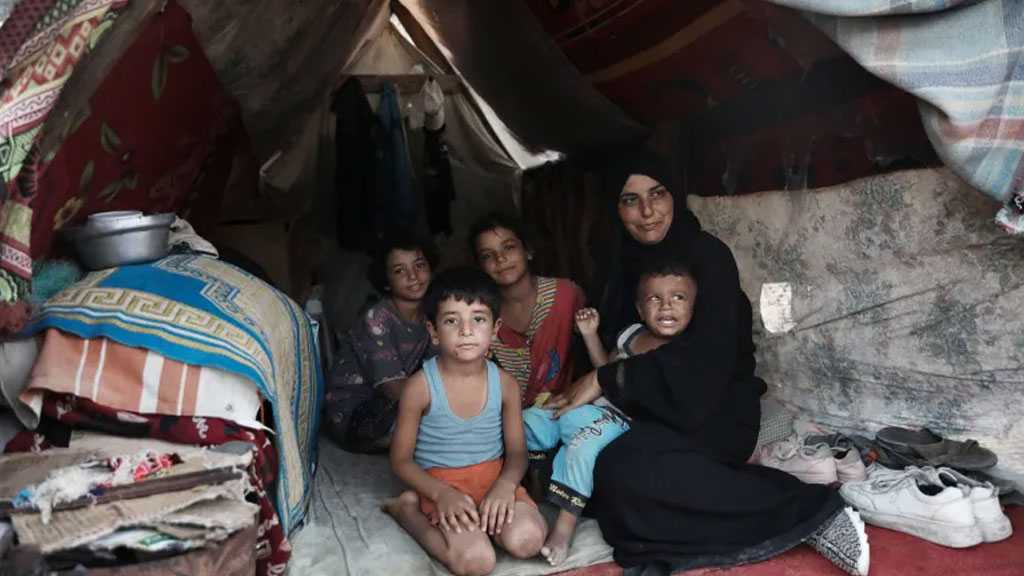As Peace Talks in Yemen Crumble, Civilians End Up in Cross Hairs Again
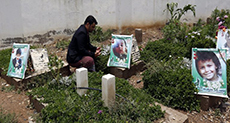
Shuaib Almosawa, Rod Nordland
A pharmacist, Sadam al-Othari, had a firsthand look at the results of the collapse in peace talks in Yemen between the Saudi-led military coalition and Yemeni factions over the weekend when a bomb exploded outside his drugstore, killing a customer and his young son and wounding Mr. Othari.
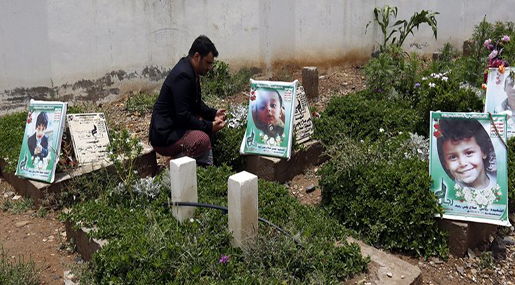
The customer and his son were among 18 Yemeni civilians killed when coalition warplanes bombed Al Madeed marketplace in the district of Nehm, about 35 miles northeast of Sana, the capital, on Sunday, said Tamim al-Shami, a spokesman for the Ministry of Health.
"They targeted only civilians," Mr. Othari said. "There wasn't a single gunman or military vehicle around."
Brig. Gen. Ahmed al-Asiri, a spokesman for the Saudi-led coalition, could not be reached for comment.
But the coalition-backed Yemeni government, based in the southern city of Aden, announced that a coalition offensive had begun in the Nehm area in an effort to take back the capital from the Houthi movement that control most of the country.
"A military operation to liberate Sana and other provinces is the only proper choice to make this ‘insurgent group' bow down to peace," Samer al-Haj, a spokesman for the Yemeni military, said by telephone from Riyadh, the Saudi capital. While he questioned whether civilians had been killed in the bombing, he said the episode would be investigated.
United Nations-brokered peace talks between the Houthis and the government of the ousted president, Abdu Rabbu Mansour Hadi, collapsed on Saturday after more than three months. A cease-fire was in place for the talks, and despite many violations, it resulted in a significant decrease in coalition airstrikes, especially around major cities like Sana.
Sunday's airstrikes seemed to signal an end to efforts to respect the cease-fire.
Several witnesses, reached by telephone in Nehm, said that the marketplace hit Sunday night had no military or Houthi presence, and that all of the victims had been civilians.
"The fighter jets kept hovering overhead, and people were so afraid to help," Mr. Othari said. Complicating rescue efforts, barrels of fuel and cylinders of gas ignited, burning for hours, and residents stayed away, fearing a second airstrike.
The site of the attack was not far from another Nehm marketplace that was targeted in February, leaving at least 30 civilians dead, according to witnesses.
Humanitarian officials have expressed concern that a resumption of large-scale airstrikes would greatly worsen the situation for a population that is already struggling to cope with 15 months of warfare that have claimed more than 6,500 lives.
A report on the situation in Yemen after the first six months of 2016, by a panel of experts appointed by the United Nations secretary general, Ban Ki-moon, was critical of the Saudi-led coalition... for their disregard of civilian life in their indiscriminate attacks, which the report said violated international law.
The experts' report, a copy of which was obtained by The New York Times, said that in at least one documented instance, coalition warplanes had twice deliberately attacked the same civilian home...
...
The United Nations report... said that two leading militant groups, al-Qaeda and "ISIS", had taken advantage of the tumult in Yemen to build up their operations in some areas.
In an unusual revelation, the panel noted that Mr. Hadi, the ousted president, had appointed as governor a man identified by the American government as a Qaeda financier. The man, Nayif Salih Salim al-Qaysi, was appointed governor of Baydha Province in December 2015, the panel said.
Source: NYT, Edited by website team

